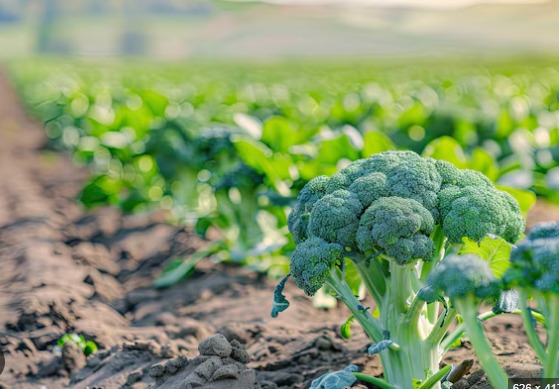
6 mangoes you must explore this mango season
We just cant have enough of the mango season, especially when there are these many varieties to try!
Each year we do a round up of the most bought groceries and fruits. In this list we also check out mangoes of the year and usually find Alphonso as the reigning King of the Kings Mango. We love having them too!
Along with this we have always been making an effort to bring in more native varieties that are lesser known - which we cant have you missing out on :-)
Now that the season is at its peak, Here are 6 mango varieties to try if you havent already:
1) Kalapad:
These are medium-small in size - most fit easily in your palm. These lesser explored mangoes come from Vellore district in Tamil Nadu. Known for their succulent and pulpy nature.
Take about 2-3 days to ripen. They wont turn completely yellow on ripening, usually partially. You can also experiment by using them in savory recipes like traditional pachadi and sambar.
This a very rare variety and not very easily available. Its flavor profile is described as sweet, with a subtle hint of tartness and a strong aroma.
We are quite glad we are able to get few batches of it this year. Those familar with it, just love them.
Infact this was the note from one of our customer "I enjoyed the Kalepadu variety of mangoes. I had it as soon as I received the package. It took me back to my childhood days in my village in Chittoor which is near vellore. This is very specifically grown in that region."
This goes by many names Himam mango, Himam Pasand, Himayat. They are known to be large sized mangoes - each piece would be approximately about 500-600g and at times even more. The name suggests regal origins - that it could have been a choice or favourite of the royals.
Its known to have a thin skin, with soft and sweet tasting flesh. Its said to have a unique and smooth aftertaste which people often compare to coconut and lime - tropical at its best.
Takes anywhere between 2-4 days to ripen. You can speed it up naturally by submerging in rice or wrapped in brown paper.
3) Malgova :
Malgova mango is a popular variety of mango grown in Southern India, particularly in Tamil Nadu and Karnataka. The flavor profile of Malgova mango is described as sweet and rich, with a distinct taste of honey or caramel. Round shaped mangoes that will remain greenish even on ripening. Can be identified by their mammoth sized appearance.
Legend has it that during the reign of the Maratha King, Shivaji, a group of farmers presented him with a basket of Malgova mangoes as a gift. The mangoes were so delicious that Shivaji was completely enamored with their taste and ordered that they be planted in his kingdom.
4) Mallika :
Oval shaped and long in appearance, once you cut into Mallika they are known to reveal deeper vivid coloured flesh. Mallika mango is primarily grown in Andhra Pradesh, Telangana, and Karnataka. It is a hybrid variety, developed by crossing the varieties Neelam, Dasheri, and Raspuri, and is known for its delicious taste and aroma.
Less of fibery flesh and more of a flattened seed in this mango - the taste is rich sweetness with hints of melon and citrusy notes.
Juicy oblong shaped mango variety, coming from Andra Pradesh. Once ripe they are quite juicy and sweet.
Infact the name comes from its sweetness - Cheruku meaning sugarcane. Good option to try if you are looking to juice and freeze some for a recipe or enjoying mango a bit later.
6) Peethar :
Often confused for sendhura, these also sport a reddish hue on their skin. You could identify them with their sharp curved tip.
Turn only partially yellow on ripening so judging by softeness would be better. Theyre smaller sized mangoes with a lovely fragrance and sweet taste.
So, this mango season, how about moving out of your comfort zone of Alphonso & Banganapalli and trying out some new mangoes :-)
And goes without saying, each of these mangoes have been grown organically and, we personally ripen them at our office using natural hay.


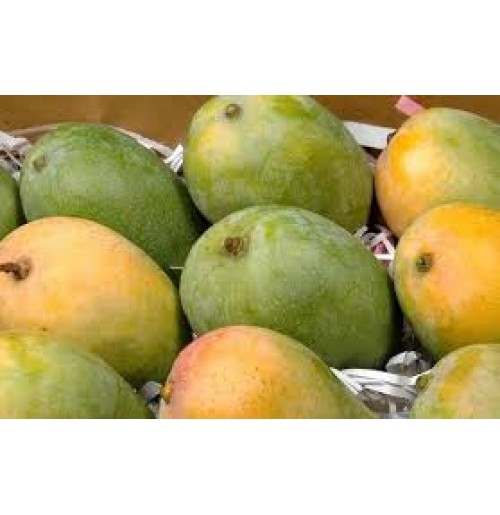
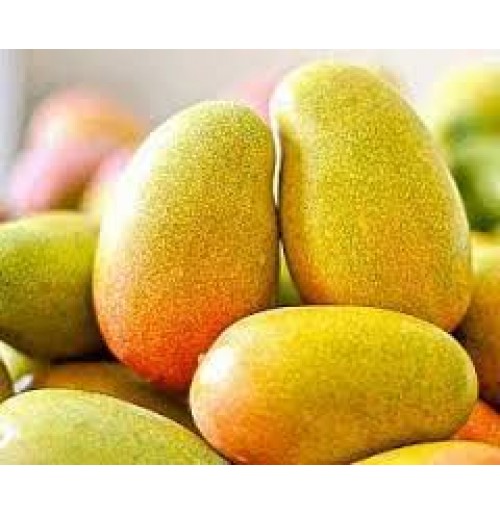
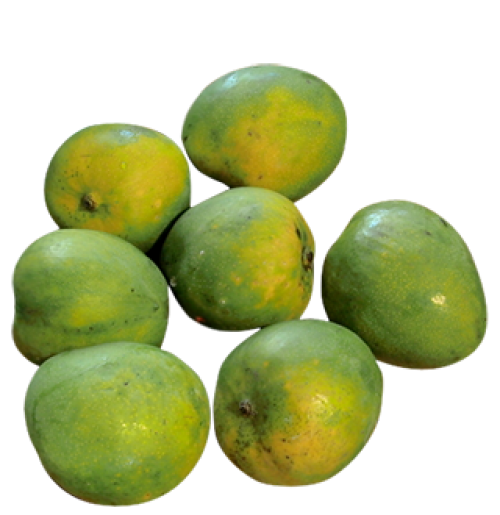
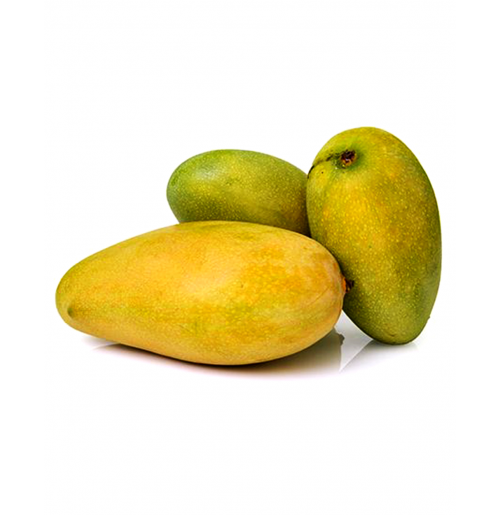
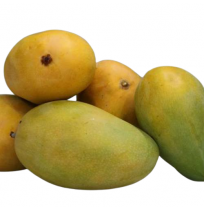
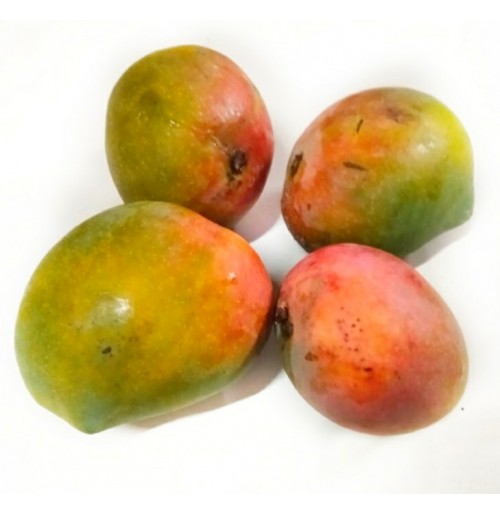
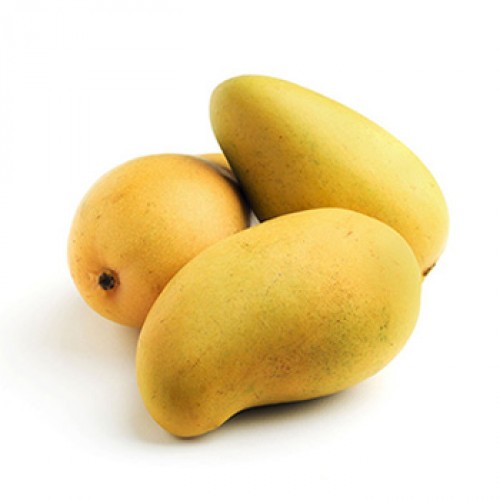
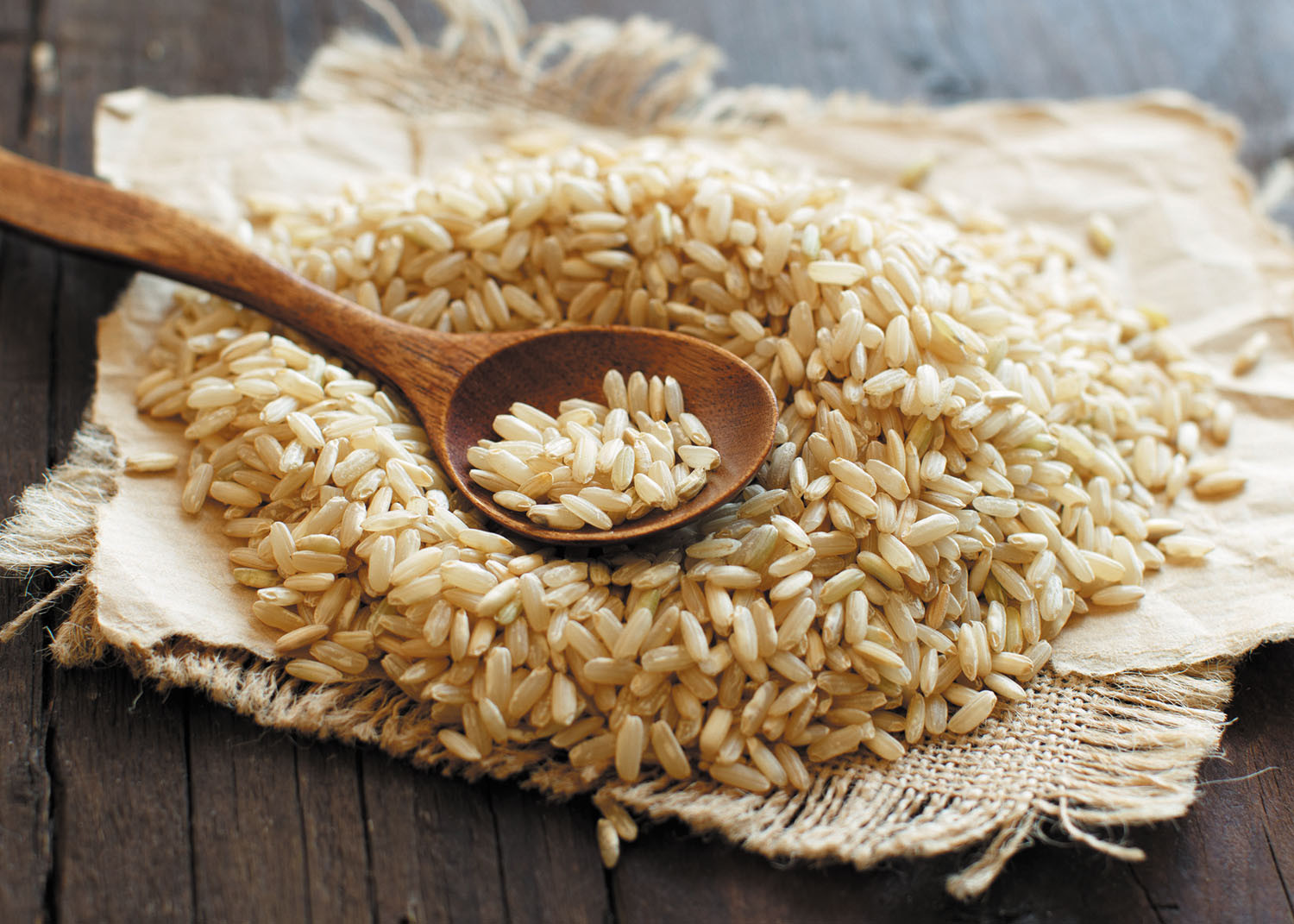




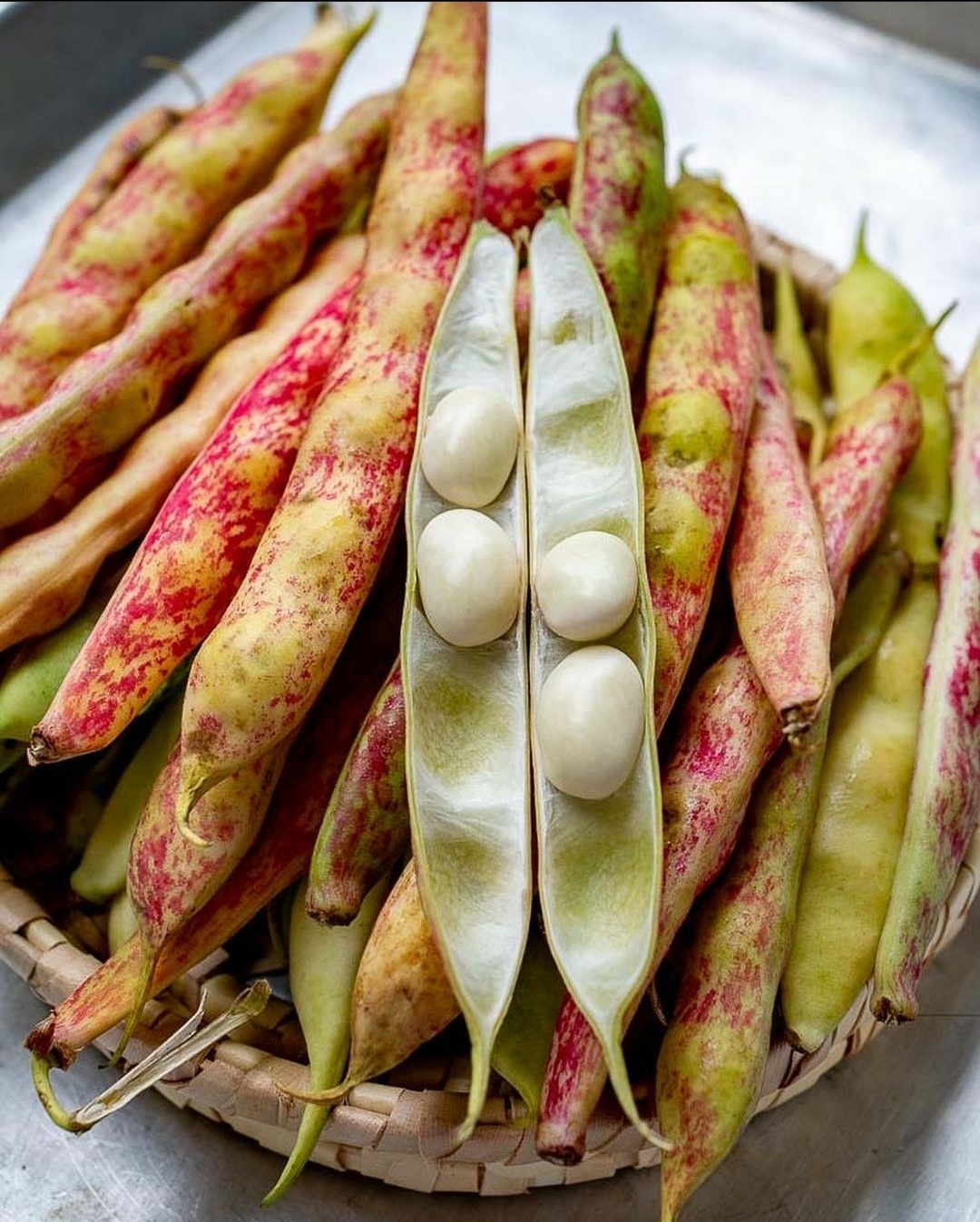
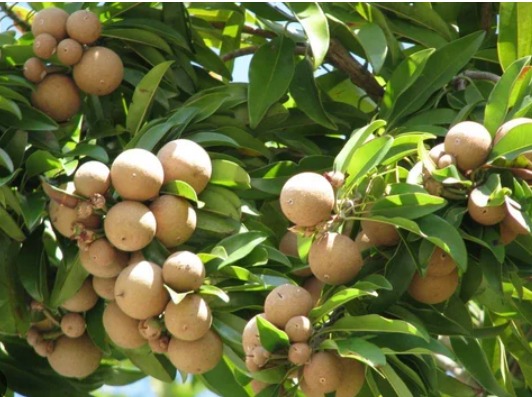
.jpg)
